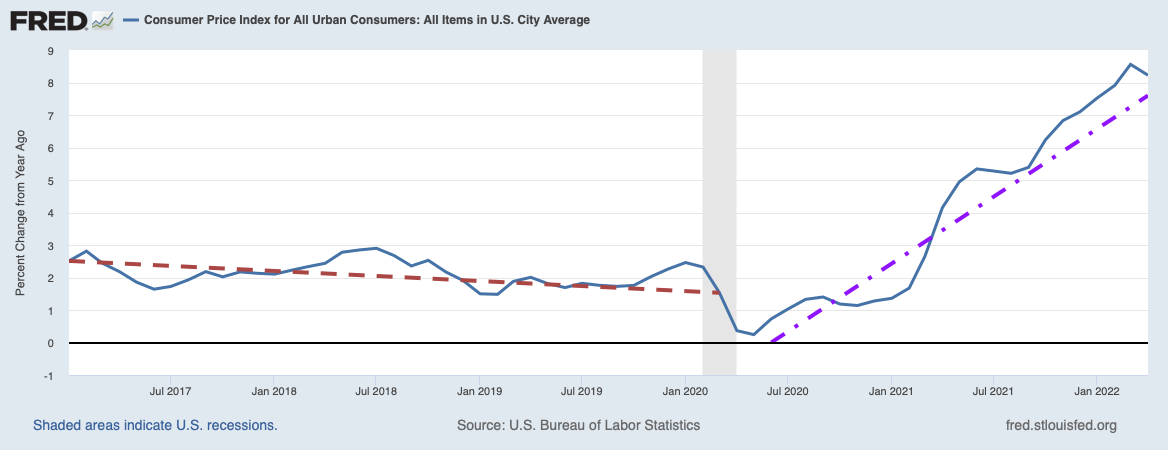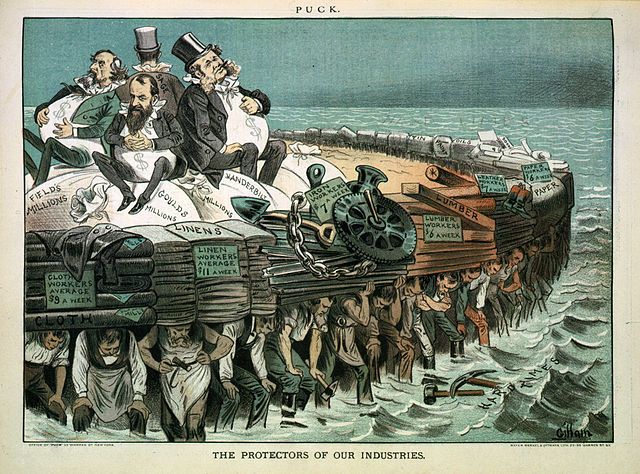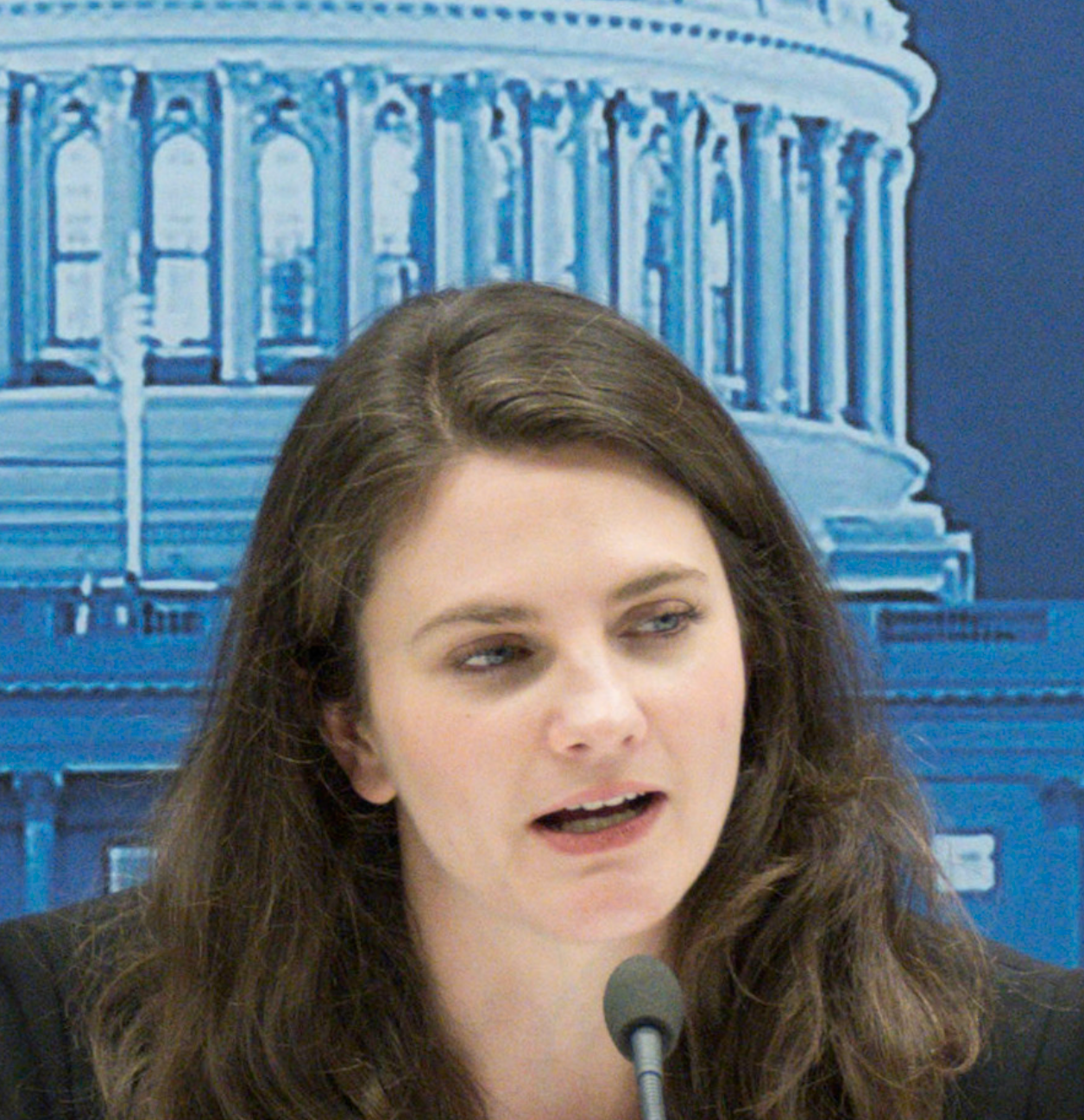The Anti-Freedom Bias of Progressives
Galileo’s trial for scientific heresy by the Roman Catholic Church
Wikimedia Commons/Painting by Cristiano Banti (1857) (US-PD-Art)
I am not the only one to notice the increasingly authoritarian tendencies of progressives. In the post Scientific silencers on the left are trying to shut down climate skepticism, George Will is also raising the alarm about progressivism’s fascist tendencies. His jump-off point in discussing these tendencies is the relatively recent attempts by Democrats to criminalize scientific dissent from man-made global warming orthodoxy. There are certainly a very large number of eminent scientists who dissent from the theological belief in Anthropogenic Global Warming (AGW). I listed some of them in The Great Global Warming Scam, together with links to their curricula vitae, where available, and links to the institutions associated with them. Using these links you can decide for yourself how believable their heresies against progressive thought might be.
Democratic Party Offenses Against Freedom of Thought
I first became aware of this particular assault against free speech and freedom of thought when I wrote Progressives’ Views of Conservatives(1) last October. There I wrote of the attempts by the Democratic junior senator from Rhode Island, Sheldon Whitehouse, to get scientists who are dissenters from AGW prosecuted under the Racketeer Influenced and Corrupt Organizations Act (RICO). In particular Sen. Whitehouse singled out Dr. Willie Soon, an astrophysicist at the Harvard-Smithsonian Center for Astrophysics, as a target because Soon’s research has been funded by energy companies.
It is border-line bizarre and Kafkaesque that the U.S. government should go after a serious scientist doing serious research, even if major political figures disagree with him, no matter what his funding sources. Yet, Whitehouse persisted, and a Wall Street Journal editorial, Plenty of Political Climate Change, noted that Attorney General Loretta Lynch is backing him up, and has “referred a request to prosecute climate dissent” to the FBI’s criminal investigative division.
In the very first paragraph of George Will’s essay, he writes
Authoritarianism, always latent in progressivism, is becoming explicit. Progressivism’s determination to regulate thought by regulating speech is apparent in the campaign by 16 states’ attorneys general and those of the District of Columbia and the Virgin Islands, none Republican, to criminalize skepticism about the supposedly “settled” conclusions of climate science.
This campaign by Democratic attorney generals is reminiscent of the attempts by Wisconsin Democratic district attorneys to shut down conservative groups from supporting the state’s Republican governor, Scott Walker. One can also recall the IRS attempts to silence conservative groups during elections, as documented in the post The Corruption of the Democratic Party.
A Growing Critique of Progressive Authoritarianism
In his essay George Will lists four assumptions by progressives that drive them into authoritarianism.
- Societies are progressing inevitably toward a utopian state.
- Progressives uniquely discern the nature of this utopia.
- Although politics should be democratic, it must be kept peripheral to governance. Actual governing is the province of “experts scientifically administrating the regulatory state.”
- Limits to free speech must be enforced by progressives, who are enlightened and know better than others what is right and just. Otherwise, unhelpful thoughts would arise that would hinder history’s progressive evolution.
Notice how consistent Will’s four progressive tenets are to the four I listed as the basic assumptions of progressives in The Complexity of Reality. For convenience I show them again below.
- Capitalism and free-markets are inimical to the material well-being of the people.
- Ordinary people lack the power to withstand what progressives view as the rapacious oppression of corporations and of the wealthy “1%”.
- Ordinary people lack the necessary knowledge and understanding to cause effective change, even if they had the power to solve their own problems. Therefore, it is the burden of the progressive, university educated nobility to do all the necessary thinking for the common people.
- Reality is simple enough that educated, intelligent people in government can sufficiently control it over the entire country to do more good for society than harm.
Ever since the times of Woodrow Wilson, the first progressive president openly contemptuous of the the U.S. Constitution, progressives have chafed at the constitutional restraints on their actions imposed by the American political system. This has led some Americans on the political Left, such as Thomas Friedman, to yearn for more autocratic types of regime. In addition, it is very easy to find the leftist intolerance for free speech that Will was worried about, as I relate in the post The Limits to Free Speech.
Others have discerned this increasing authoritarian trend of the progressive movement in general, and of the Democratic Party in particular. Consider the following posts:
- The Democrats’ Authoritarian Health “Reform” Bill and the Ascendency of Corporatism in the Democratic Party.
- The Democrats’ Ugly Authoritarian Turn
- Is America Becoming an Authoritarian State?
- Turly: “We’re Seeing The Rise Of A New Model Of Presidency”
- Why All These Scandals?
- Authoritarian Leftism is Spreading
- Eric Schneiderman Vs. Exxon Mobil
- Can We Start Taking Political Correctness Seriously Now?
Of course, if you were to do an internet search on authoritarianism in the United States, you would find an immense number of posts claiming it is conservatives and the Republicans who promote autocratic government today. But what makes more sense to you: Is it those who want to decrease the power of government who are more autocratic; or is it those who want to centralize ever more power, particularly economic power, in the government?
What Kind of Country Are We?
In The Economic Nature of Fascism, I have suggested the United States (as well as most of Western Europe) is on the same road to serfdom followed by democratic Italy and Germany in the 1920s to the evil fascist regimes they became. The Austrian economist Friedrich Hayek, who watched Italy and Germany march down that very same road before his eyes, has tried to give us fair warning with his classic book The Road to Serfdom, Reference [E2].
The basic problem is the federal government possesses the coercive power of law, and from what Hayek saw, once a great deal of economic power is accumulated, generally unscrupulous politicians will want to accumulate ever more, albeit at first with the best of intentions. It is only as economic failure after failure mount up with what they believe are “market failures” that they become increasingly cynical and travel like Lenin from initial revolutionary idealism to final dictatorship.
A saying often apparently misattributed to Thomas Jefferson is: “A government big enough to give you everything you want is a government big enough to take from you everything you have.” The attribution may be uncertain, but the saying is self-evidently correct. America, what kind of country do you want to live in?
Views: 1,804






























